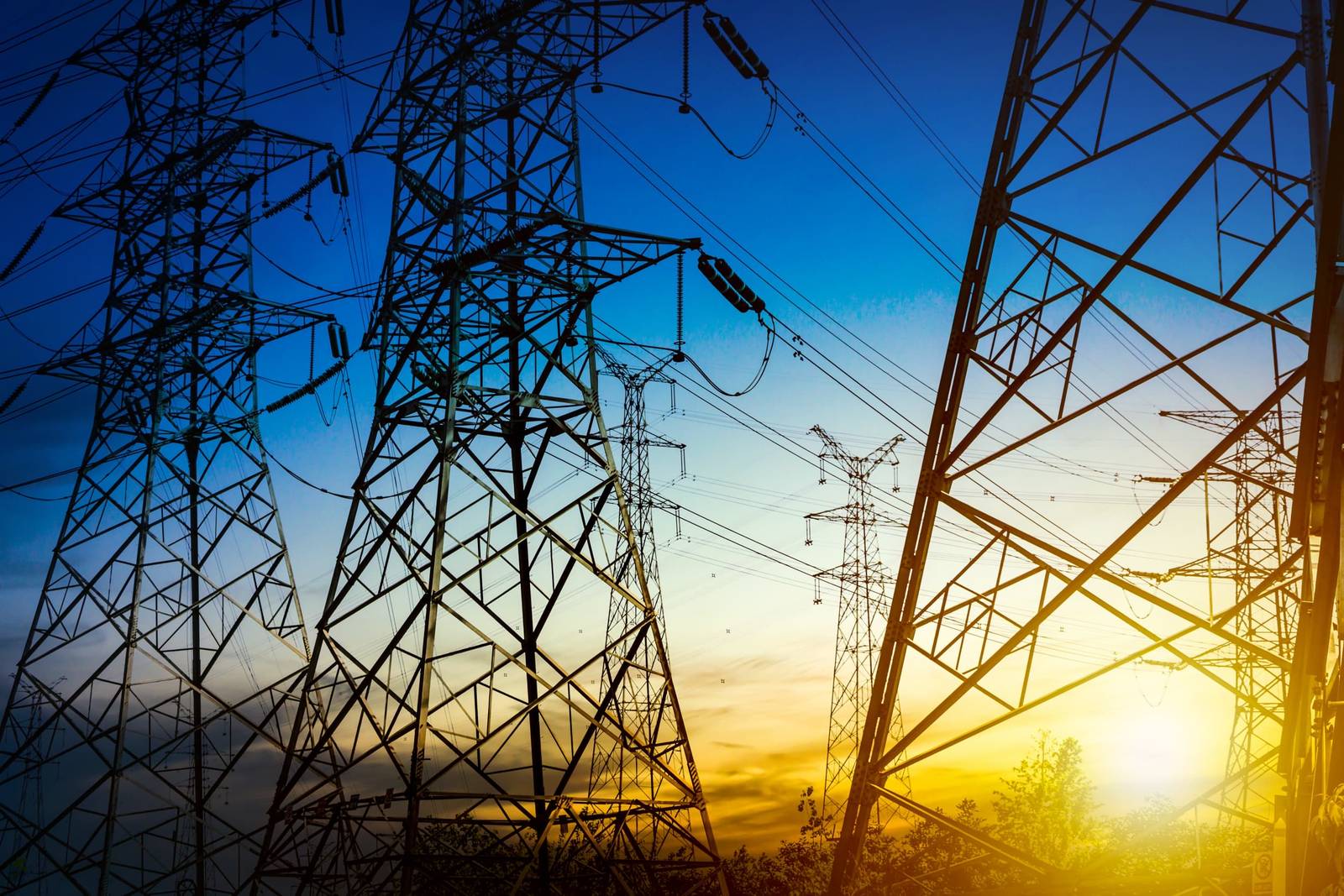By Adebayo Naomi, Faith Adekanmbi, Aboyeji Deborah, Adam Faridat Yon
Nigeria, Africa’s most populous nation with over 200 million people, faces a persistent and crippling power crisis. Despite having a national grid installed capacity of about 13,000 megawatts, less than 5,000MW is usually available due to aging infrastructure, gas shortages, corruption, and theft. Frequent blackouts, grid collapses, and load shedding have forced millions of Nigerians to rely heavily on noisy, polluting, and expensive diesel or petrol generators, costing the economy an estimated $29 billion annually, according to the World Bank.
Amid this energy deficit, solar energy has emerged as a beacon of hope. The question remains: can solar power, with Nigeria’s abundant sunshine, truly solve the nation’s long-standing power challenges?
The Science Behind Solar Energy
At the core of solar energy technology are photovoltaic (PV) cells—usually made of silicon—that convert sunlight directly into electricity. When sunlight hits these cells, photons knock electrons loose from atoms, generating a flow of direct current (DC) electricity. This DC is then converted into alternating current (AC) via an inverter, producing the electricity used in homes and businesses. Unlike gas turbines and diesel generators, solar power produces zero carbon emissions, making it a clean and renewable energy source.
Solar panels can be installed in various settings: on rooftops, in large-scale solar farms, or integrated into hybrid systems combined with generators or battery storage. This flexibility is particularly important for Nigeria’s energy landscape, which suffers from unreliable centralized grid supply.
Nigeria’s Natural Advantage
Nigeria is uniquely positioned to benefit from solar power due to its geographic and climatic conditions. The country receives an average of 6–7 hours of sunlight daily, with solar irradiance levels among the highest globally, averaging 5.5 kWh/m² per day. This abundant and consistent sunlight provides an ideal environment for solar energy generation.
Furthermore, Nigeria’s vast and often underutilized land, especially in the northern regions, is suitable for large-scale solar farms. In rural and off-grid communities, where extending the national grid infrastructure is costly or impractical, solar mini-grids and standalone home solar systems are already transforming lives.
Impact on Rural Communities and Off-Grid Areas
For many rural Nigerians, solar energy is not just an alternative—it is the most viable and immediate solution. Millions live without access to the national grid, and solar systems provide decentralized power that can improve living conditions, health, education, and economic opportunities.
Take, for example, Kaduna farmer Ibrahim Musa, who installed a solar-powered pump system. “Before, I couldn’t irrigate my crops regularly. Now, with solar, I farm all year round,” he says. Stories like his reflect the practical benefits solar power can bring to rural livelihoods.
Economic and Social Benefits
Beyond electrification, solar energy has the potential to stimulate economic growth by reducing reliance on costly and polluting generators. The solar sector itself can become a significant source of job creation: spanning installation, maintenance, manufacturing, and sales, offering employment opportunities for thousands of Nigerians.
Private sector innovation is also driving solar adoption. Companies like Lumos, Arnergy, and Daystar Power offer pay-as-you-go solar solutions, making clean energy more accessible to low-income households. Meanwhile, international organizations and government initiatives, such as the Solar Power Naija program launched in 2021, aim to provide solar electricity to five million households, signaling strong institutional support for solar expansion.
Challenges and the Road Ahead
Despite its promise, solar energy adoption in Nigeria faces considerable obstacles. High upfront costs, inflated by import duties on solar components and the lack of local manufacturing, remain a significant barrier. The shortage of technical expertise and inconsistent policy frameworks also slow progress. Regulatory uncertainty discourages investors who might otherwise drive large-scale solar projects.
Experts like Dr. Emeka Uche, a renewable energy researcher at the University of Lagos, emphasize the need for stronger government incentives and clear policy direction. “Without these, solar energy growth will be too slow to make a national impact,” he warns.
A Mixed Energy Future
While solar energy alone may not completely solve Nigeria’s power crisis, it is an essential piece of the puzzle. A diversified energy approach, combining solar with other renewable sources such as hydro and wind, alongside improvements to the national grid and supportive energy policies will be crucial for sustainable progress.
In the face of chronic electricity shortages, rising fuel costs, and a rapidly growing population, solar energy offers a cleaner, faster route to lighting up millions of Nigerian homes and moving the country closer to energy independence. With the sun reliably shining every day, perhaps the time has come to harness its full power for Nigeria’s future.












